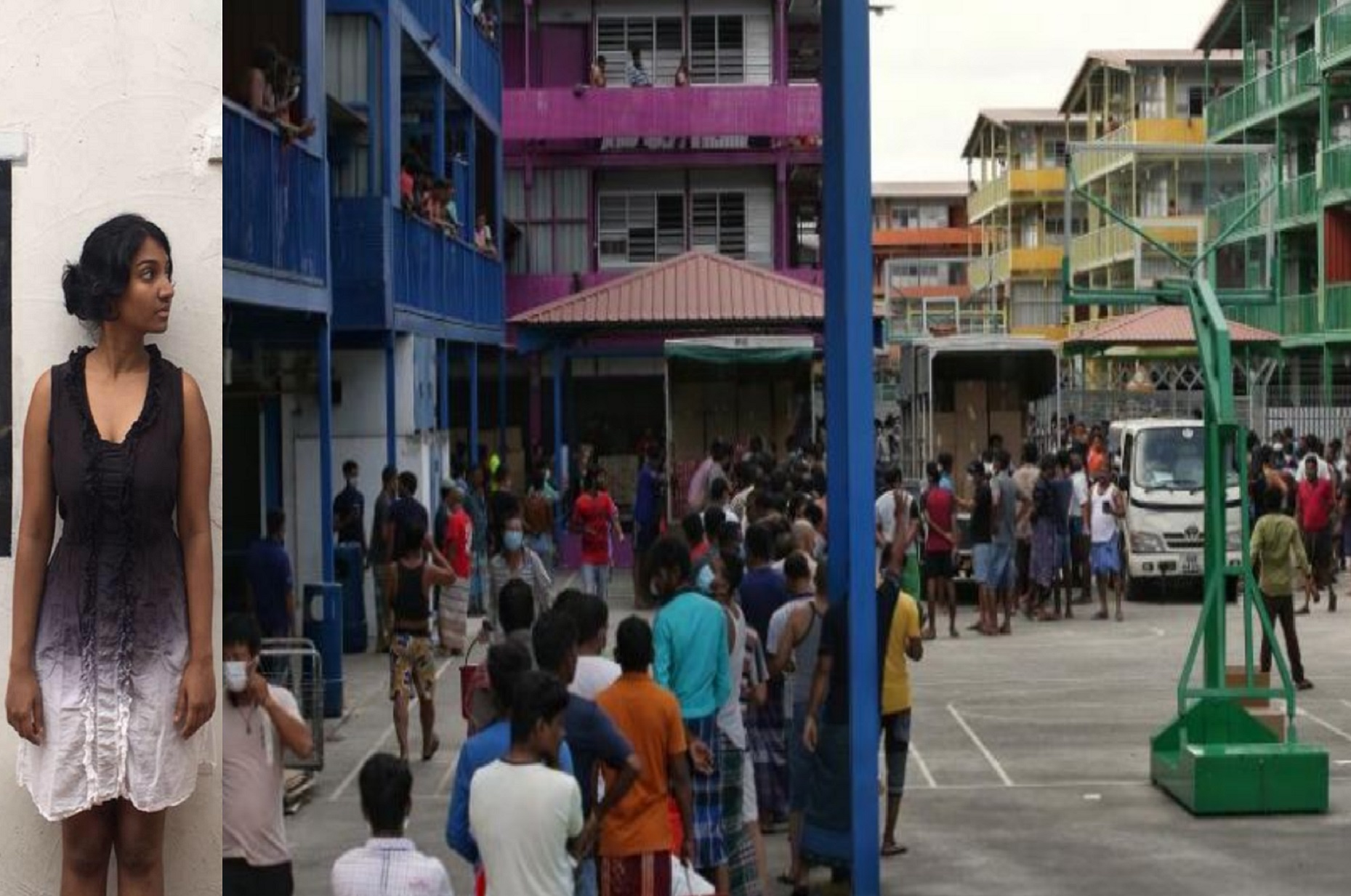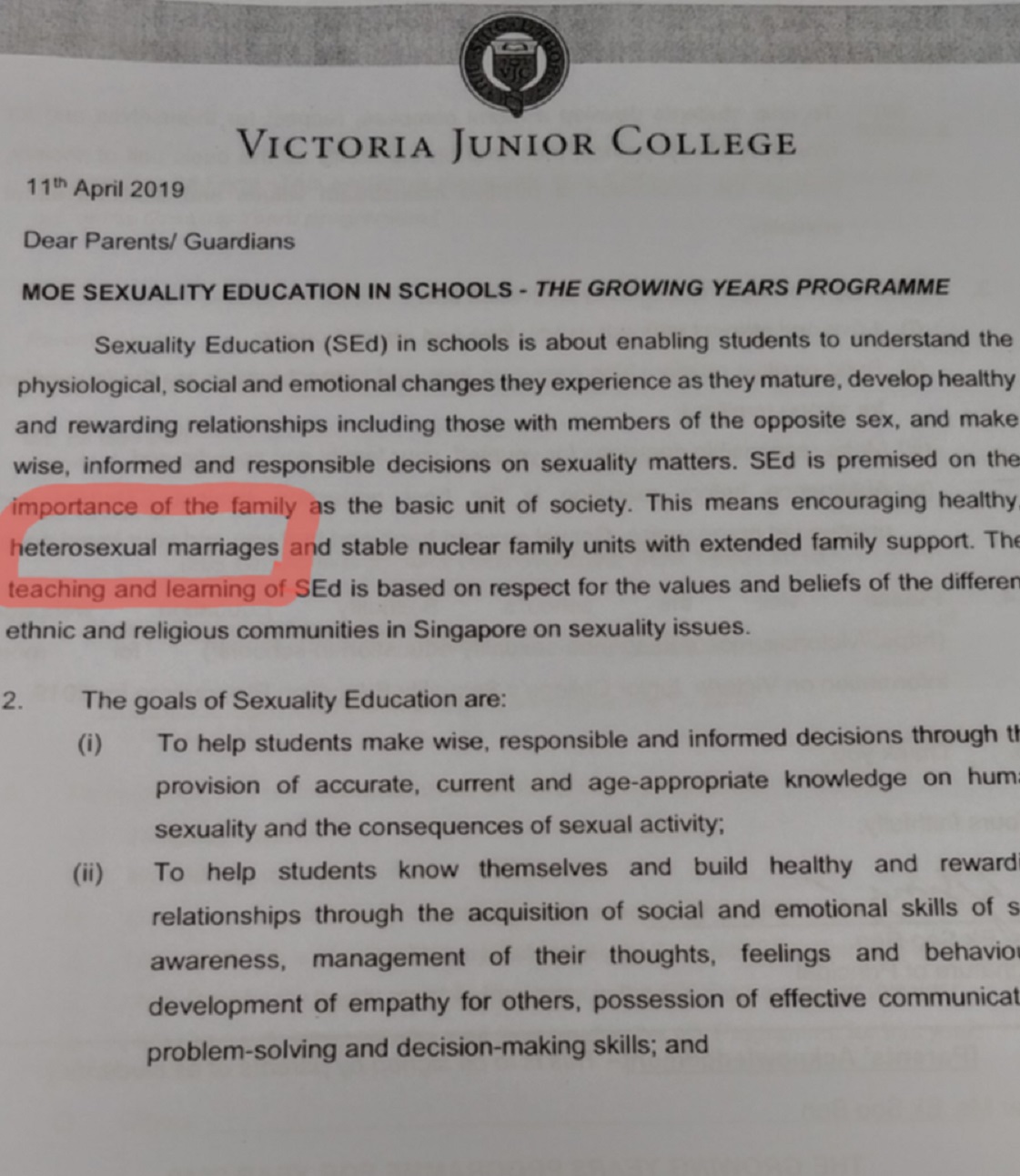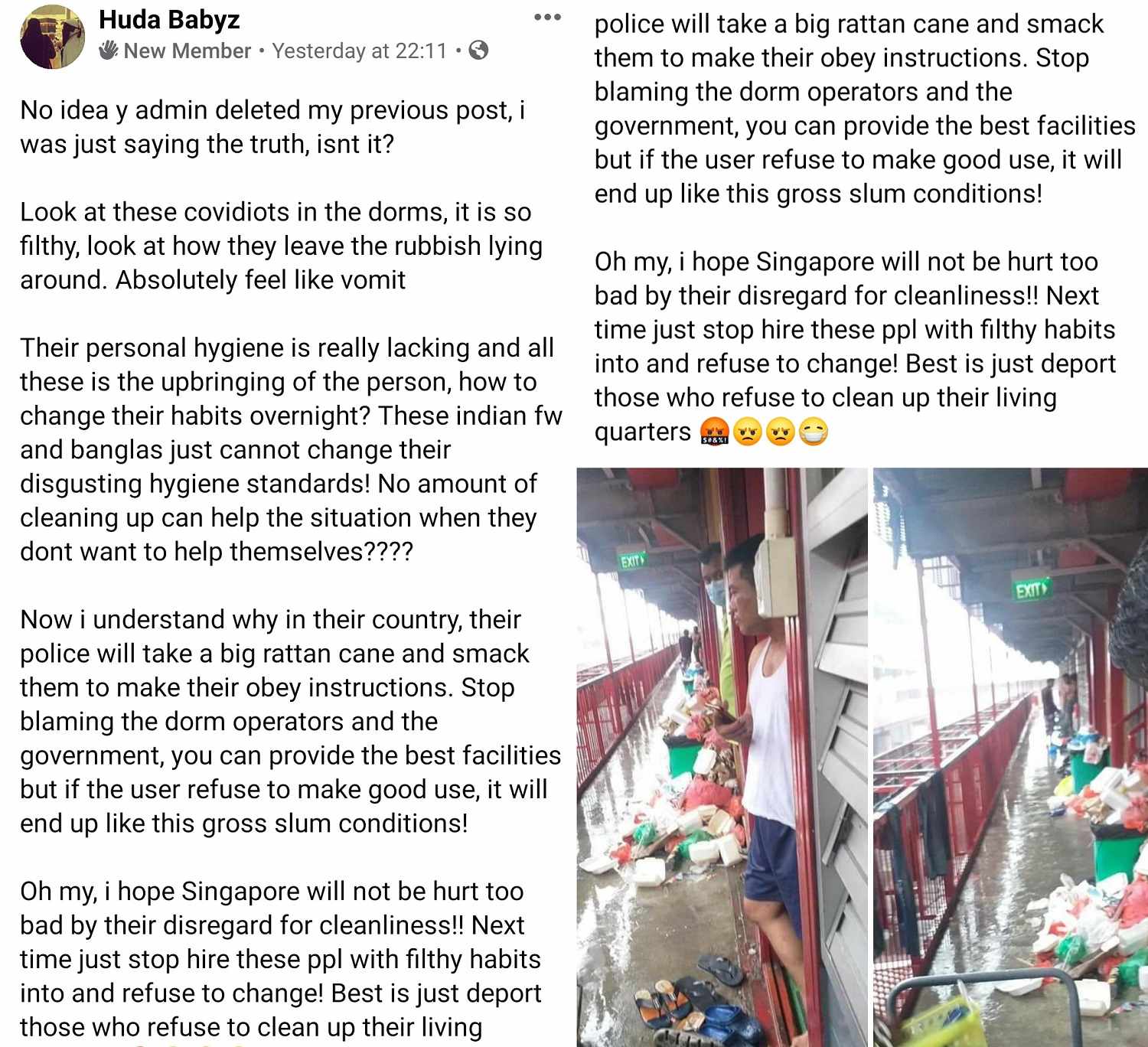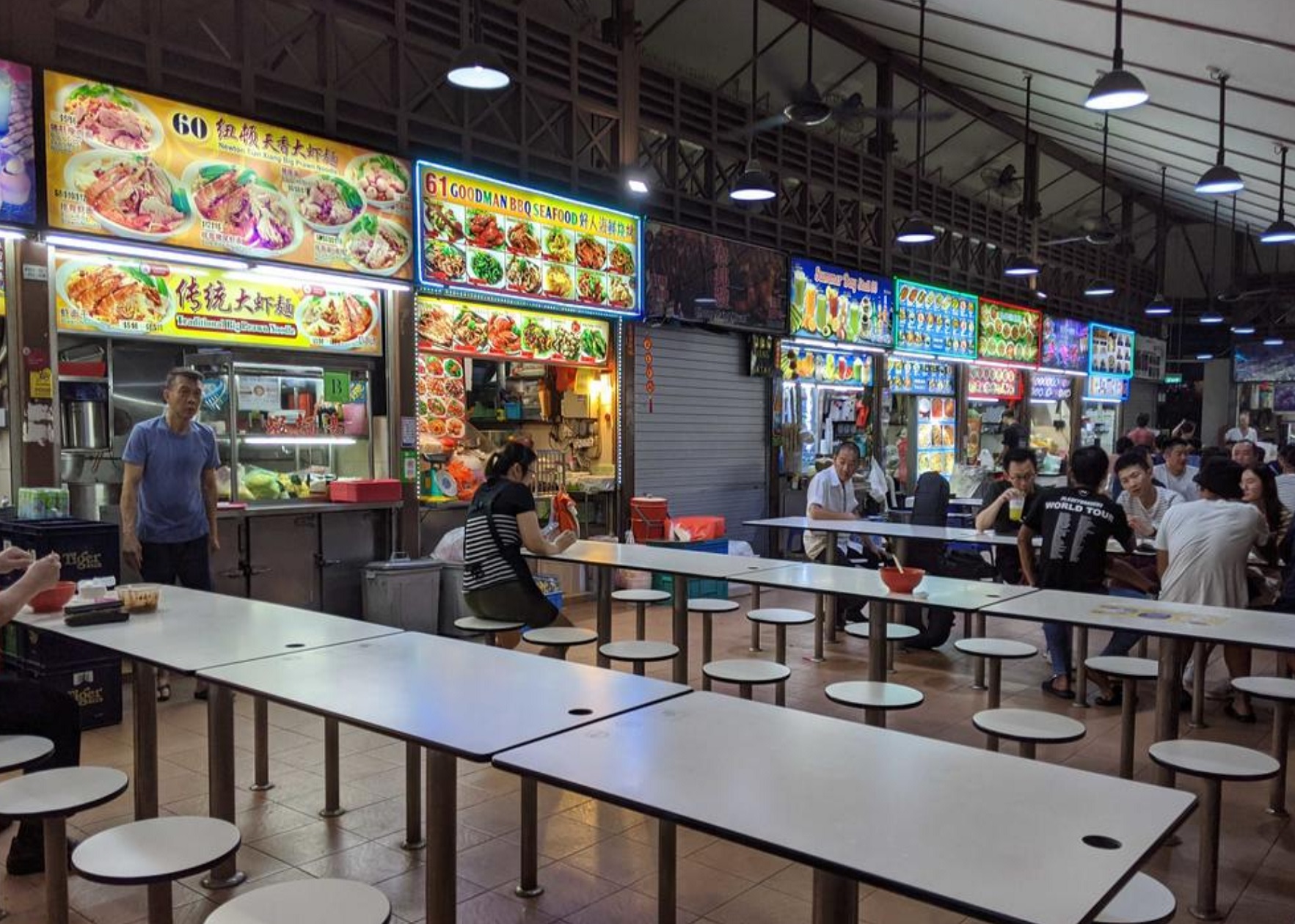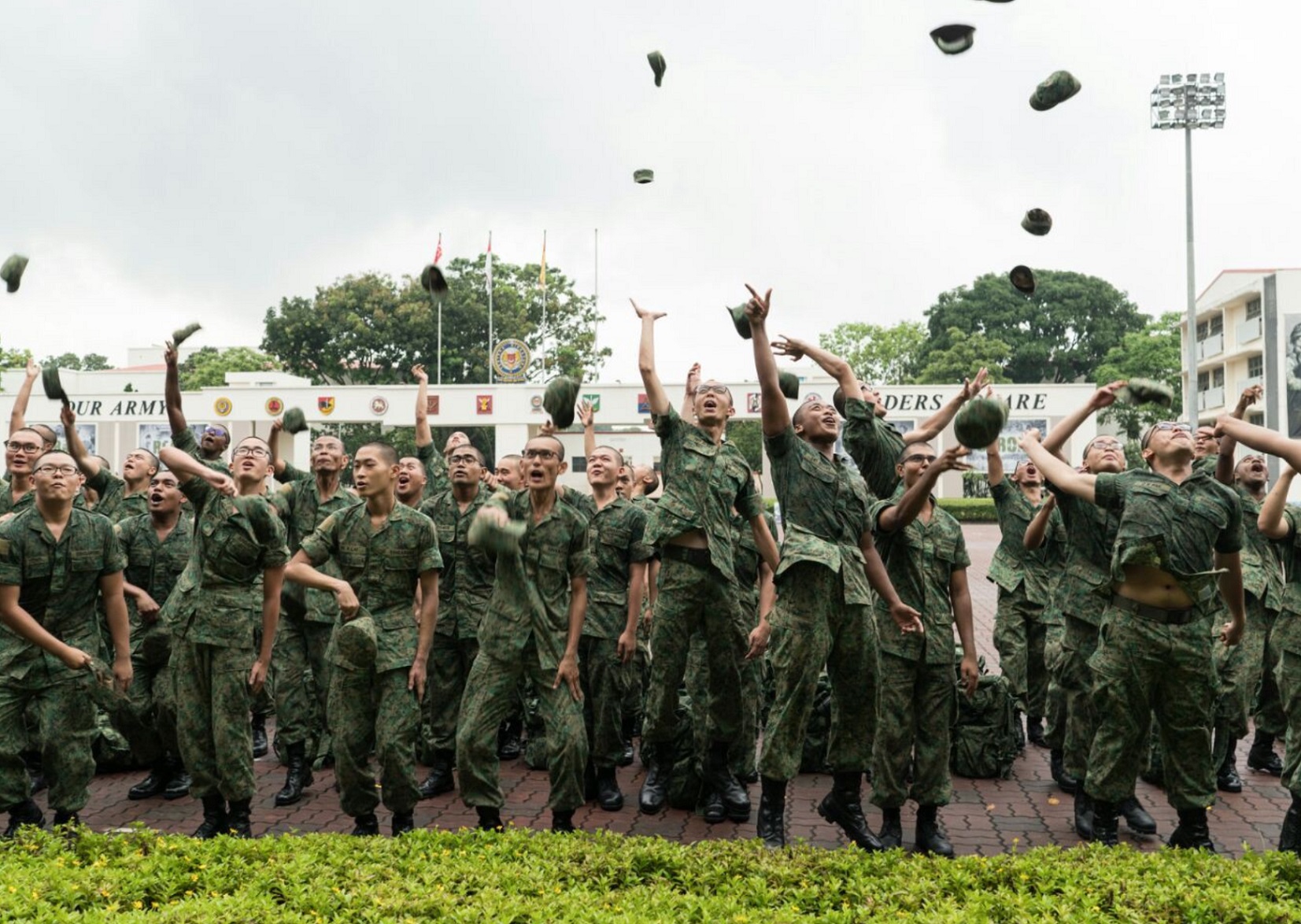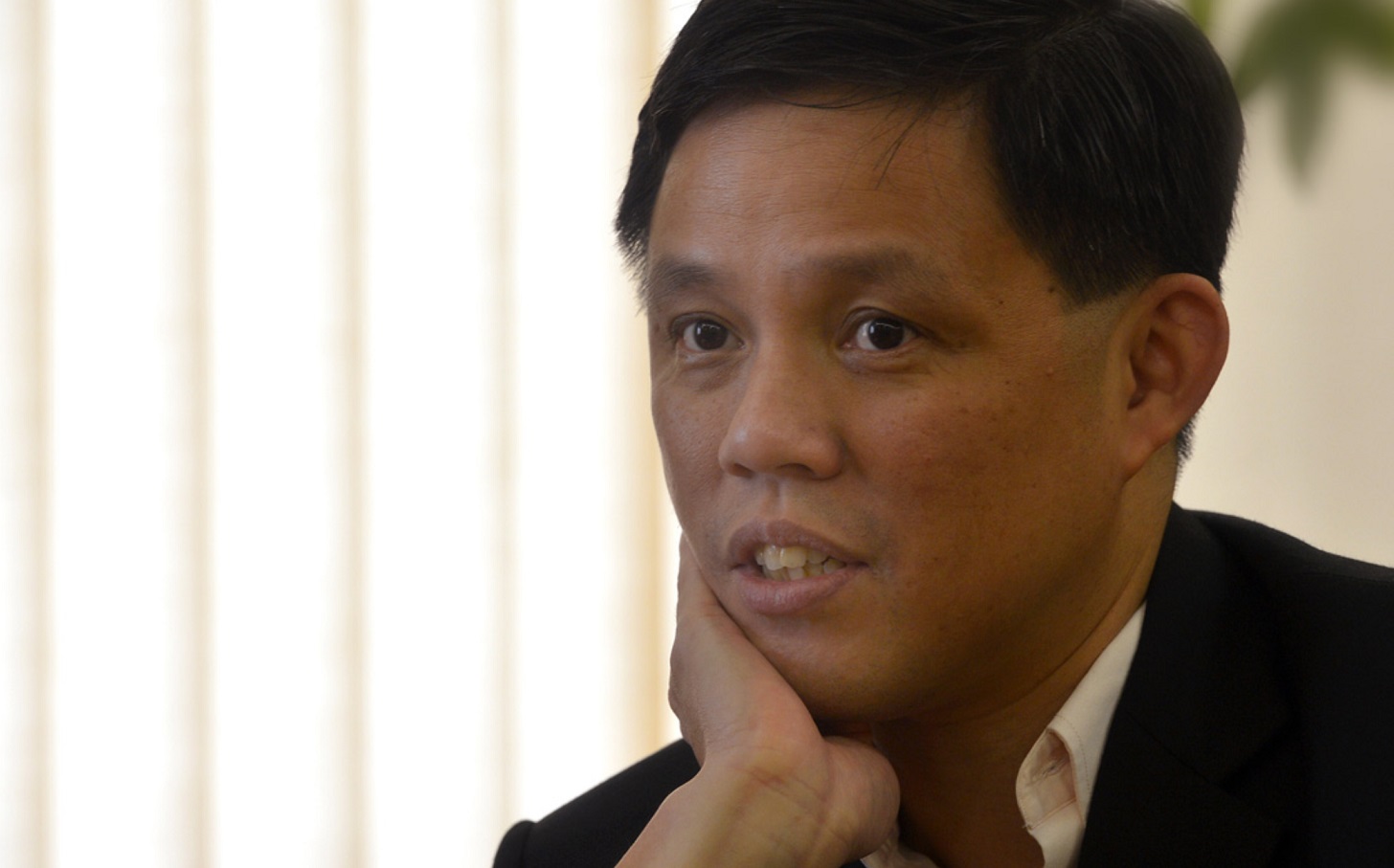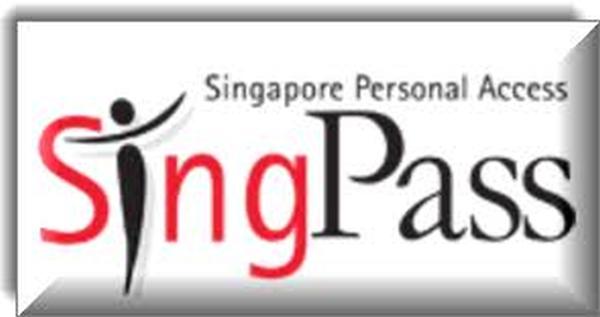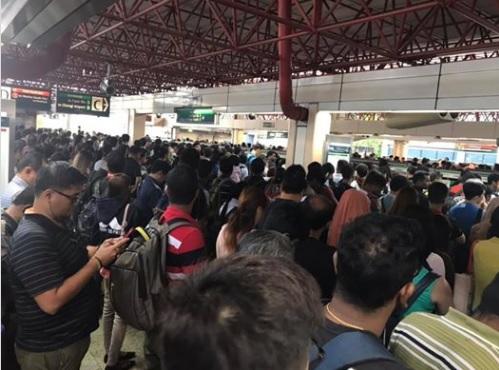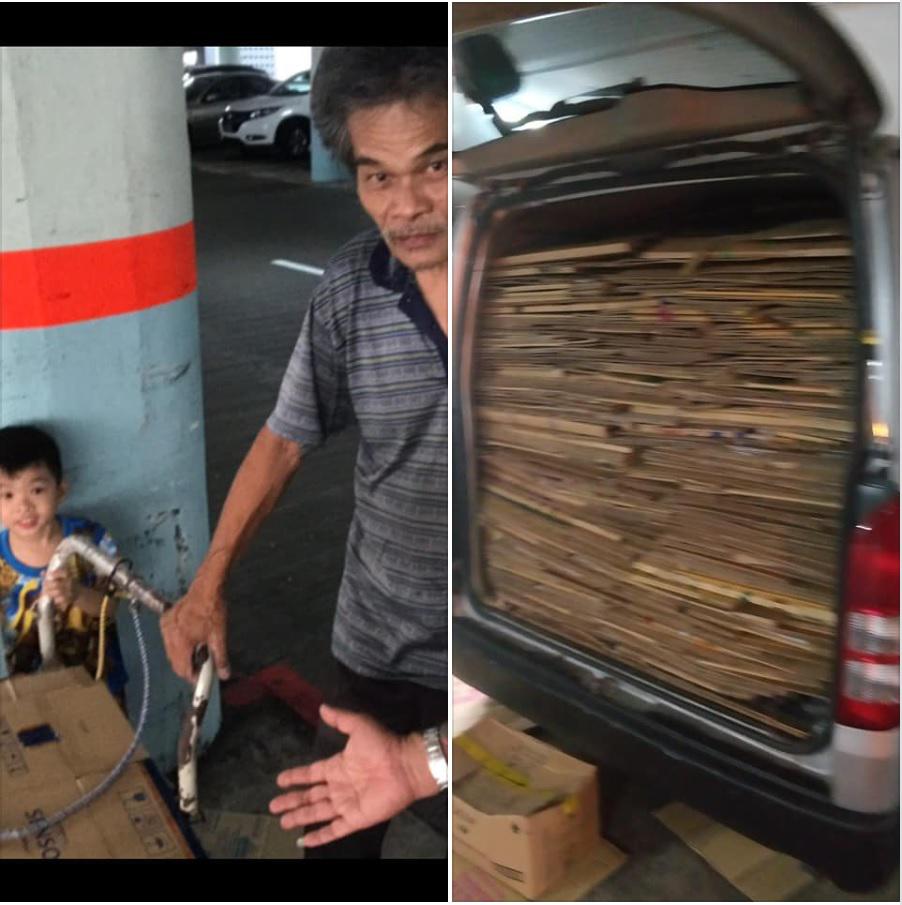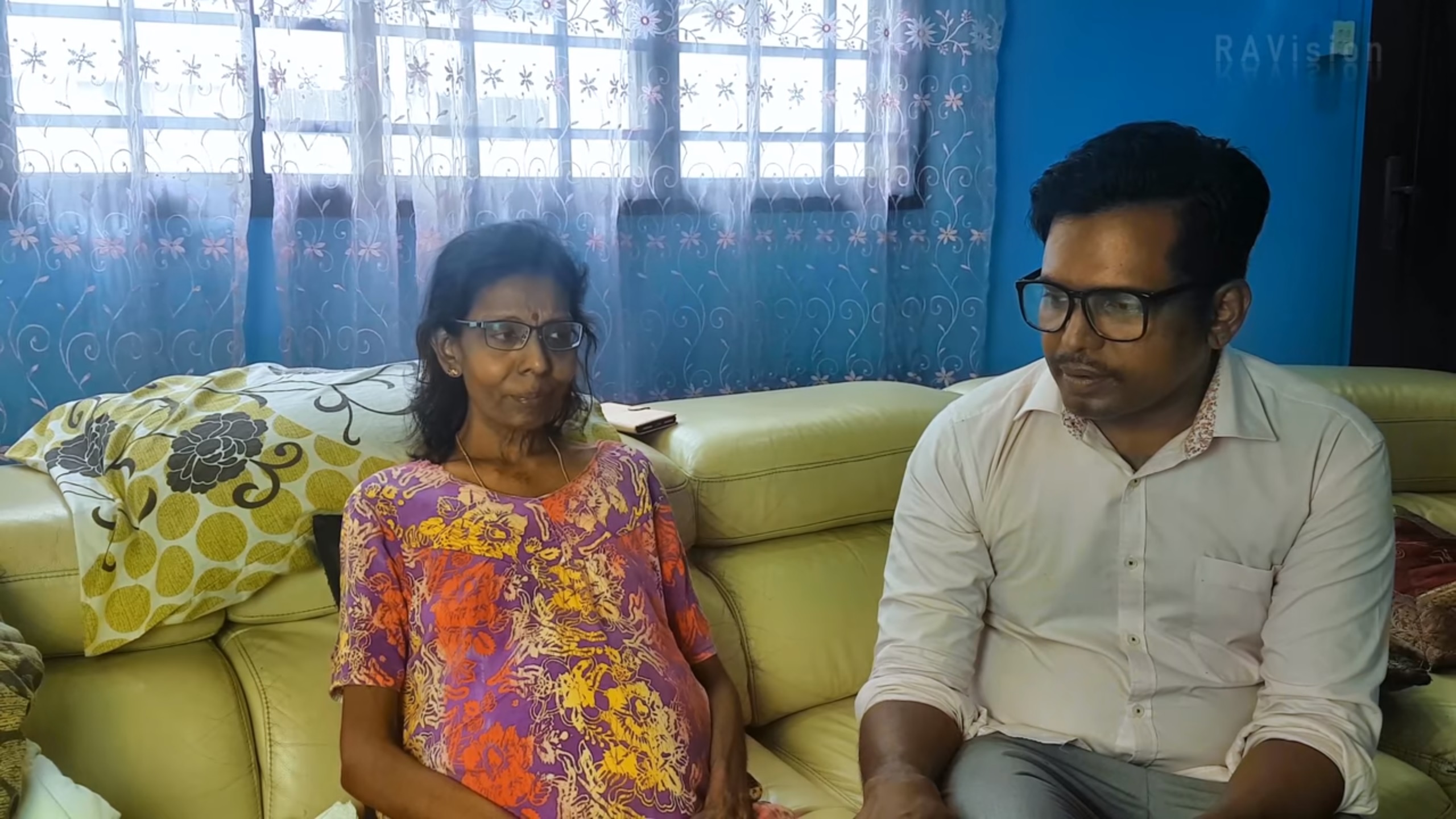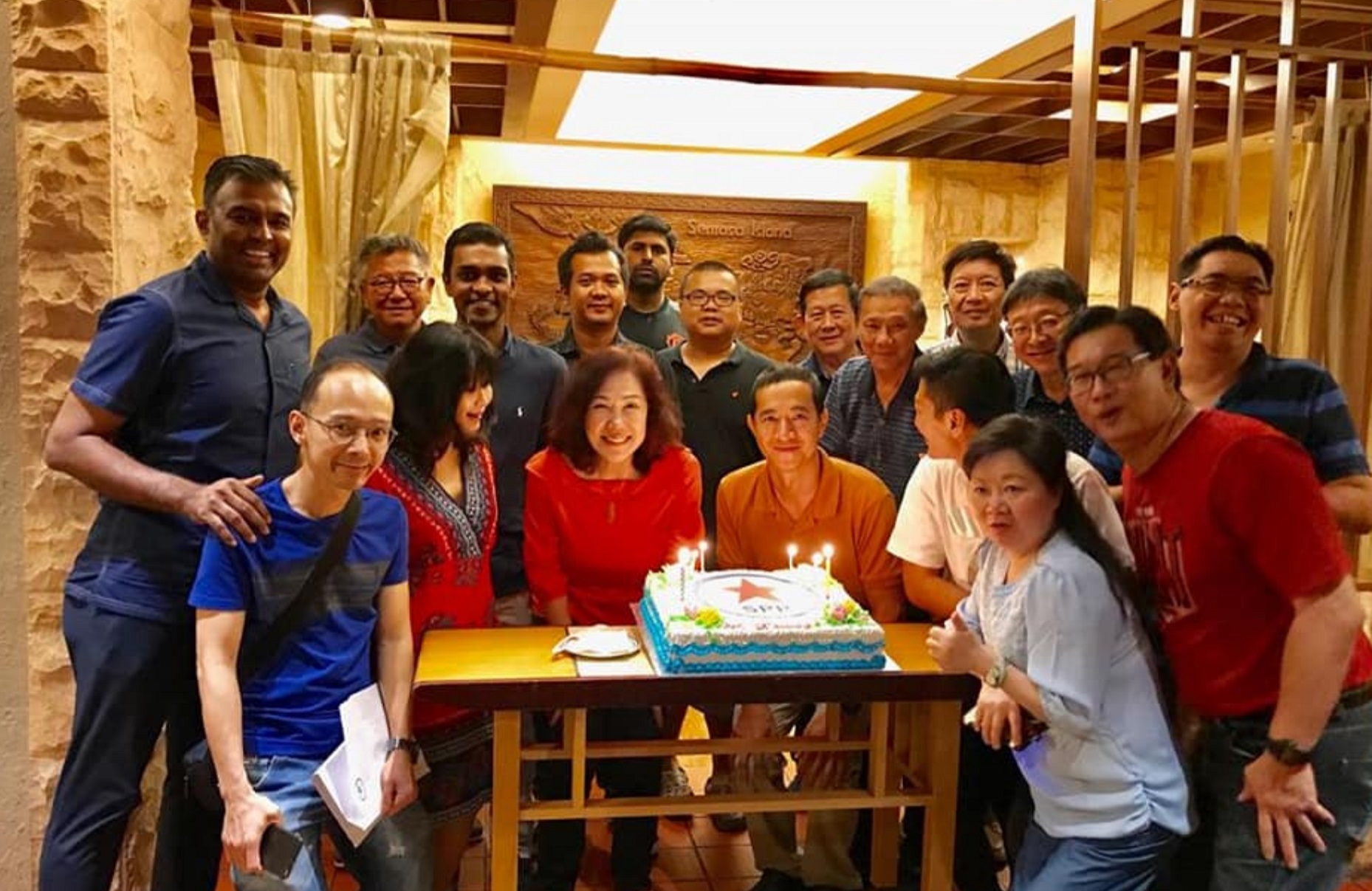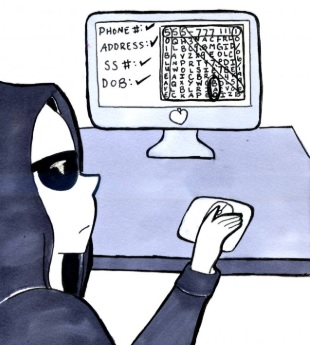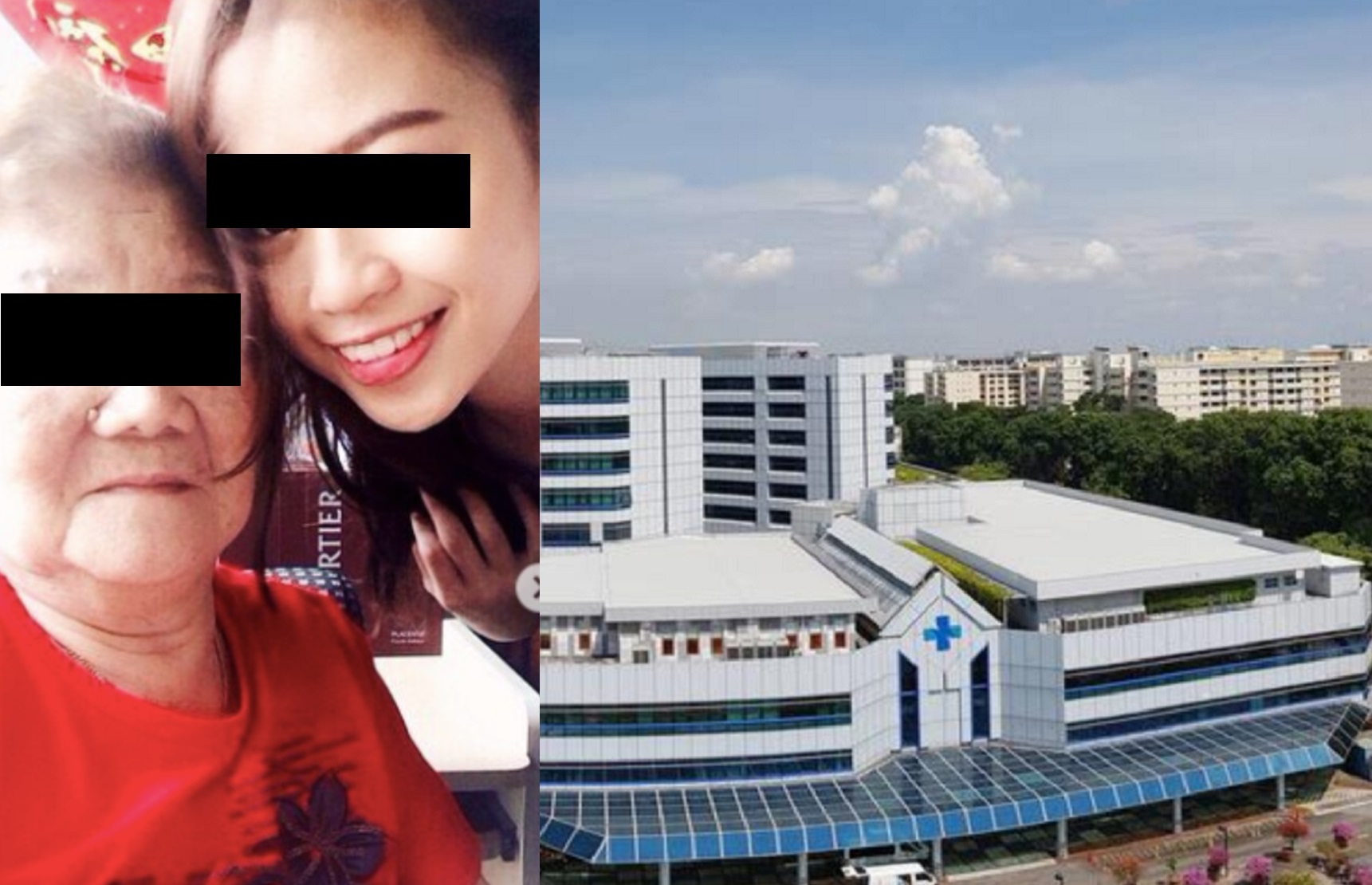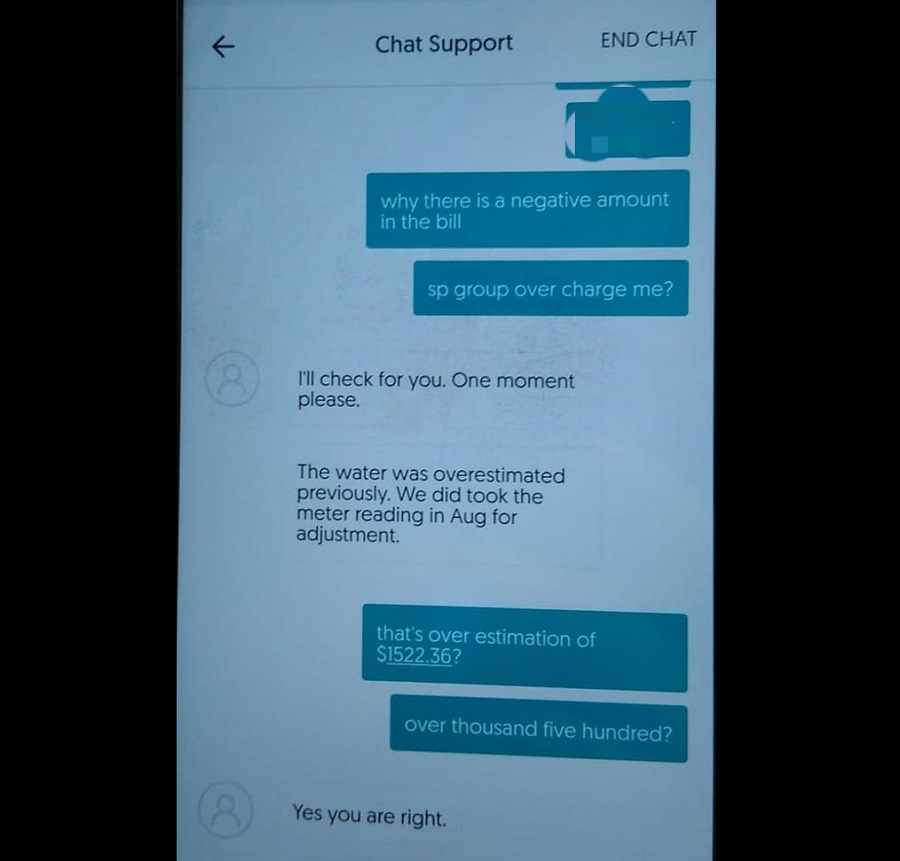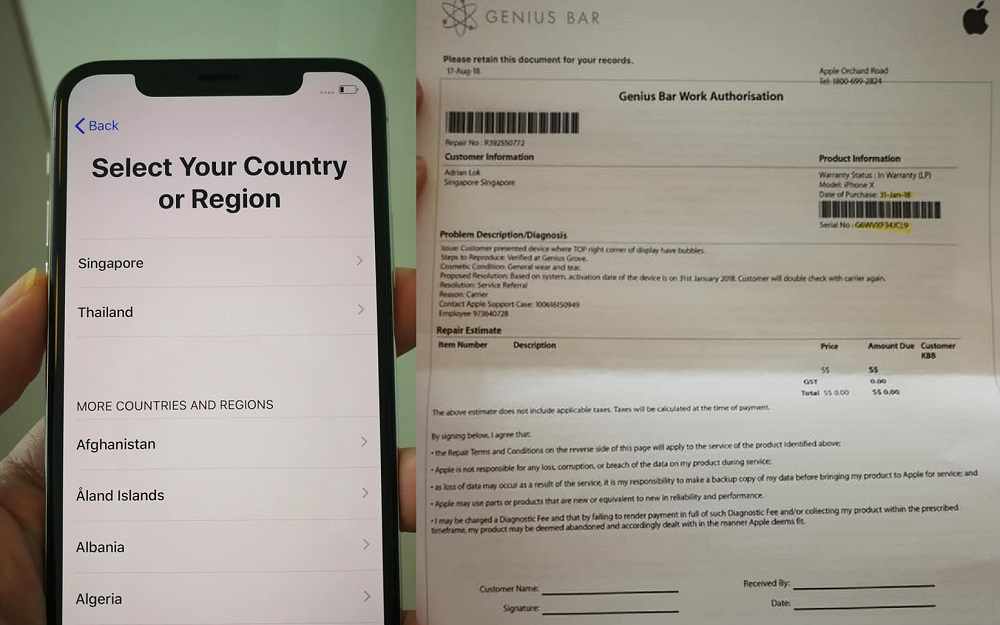Sexuality education forms an important part of our upbringing. Knowledge on sexuality is normally obtained informally, through the family, peers, books, the internet, religious books/figures, and any other forms of media.
In the developed world, these informal means is usually complemented by formal sex education in schools.
Singapore is no different. The difference between Singapore and many other liberal democracies is that the education ministry here adopts a more prescriptive approach in teaching about sexuality. The family unit, which it sees as a fundamental basis of the community, is clearly defined as one that is heterosexual.
A fundamental question that needs to be asked is if the ministry really needs to adopt such a prescriptive stance in educating the young about sexuality.
There are many, many examples of dysfunctional heterosexual families that end up breaking apart, leaving a negative impact on the children. Does that still make such heterosexual families more desirable than homosexual, or even those single-parent families?
By not acknowledging the presence of other types of families, they are immediately discriminating these people and rendering the LGBTQ community invisible.
Individuals who are facing an identity crisis may not know who to turn to to seek good counsel on the turmoil that they have. Instead of being helped, we are implicitly being told to hide.
Singapore has progressed very rapidly but some policies like this one have failed to keep up with changes in our society.
This is a disservice to the LGBTQ community and the young who need to be educated on sexuality.
